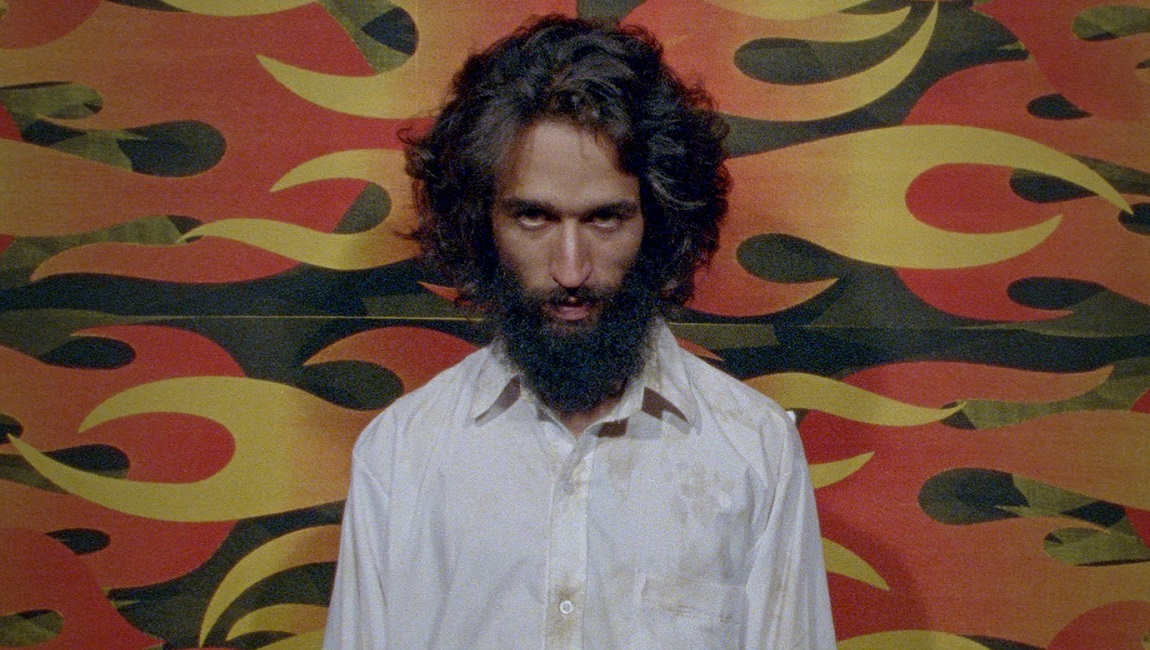There’s a moment at the end of the first part of Dead Souls (roughly three hours into the film’s eight-hour runtime) when its director, Chinese documentarian Wang Bing, visits the site of a former rehabilitation camp located in the Gobi Desert, in China’s Gansu province. These camps were used in Mao Zedong’s Anti-Rightist Campaign, which lasted from 1957 to 1959, and anyone deemed against the communist state were sent there to perform manual labor and “reform” themselves. Wang’s camera captures the remains of those who were unable to survive the harsh conditions — the half-unearthed bones jutting-out from the desert’s surface. He also shows us a small town nearby, whose residents all seem unphased by the fact that they live so close to a site of such tragedy; for them, it’s all in the past, and a nation that’s prone to such rapid change hasn’t the time for retrospection.
This is what makes Dead Souls an invaluable record: the survivors of the camps are given the space to tell their forgotten stories, in great detail. One doctor remembers a family debating which child would be sacrificed for food, while a former chef speaks to how his position in the camp saved him from dying of malnutrition. When these victims talk, Wang listens — and invites us to be just as attentive. Each interview can last up to an hour, with minimal cutting, capturing each nuance of these worn-out storytellers. Small details become big ones, like how the subjects’ faces contort and cringe, or the way their fragile bodies seem ready to give-out at any moment — and it should be said that many of the participants, who were recorded as early as 2005, having already long since died. The grainy quality of the early digital camera Wang uses in certain segments itself already feels like an artifact of another time compared to the crisp, more recently shot sections. Which is to say that Dead Souls’ document of atrocity, in both its form and its function, already has positioned itself as a part of history.
Published as part of Toronto International Film Festival 2018 | Dispatch 3.







